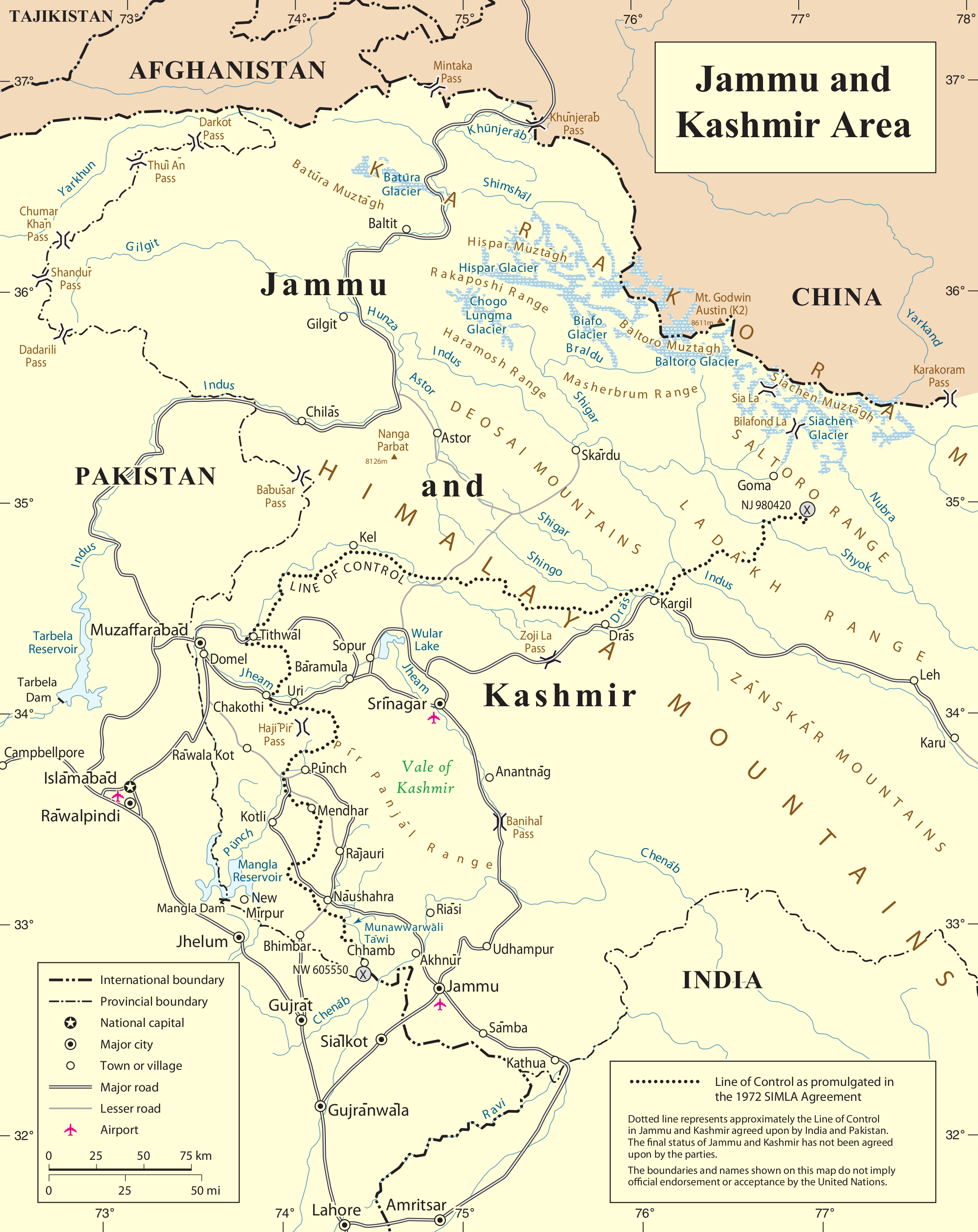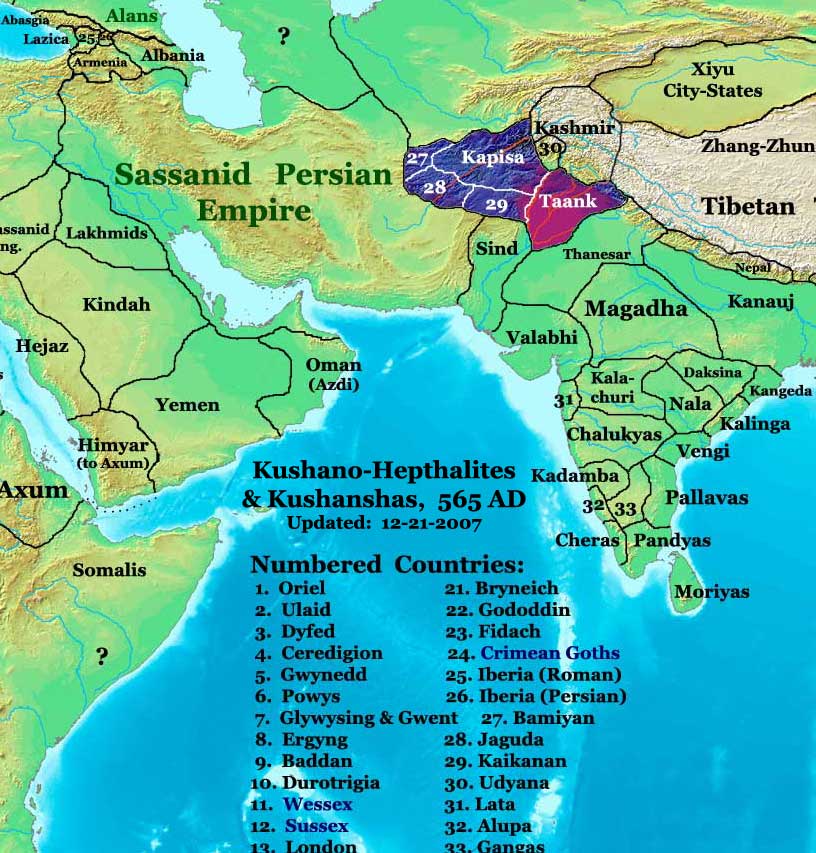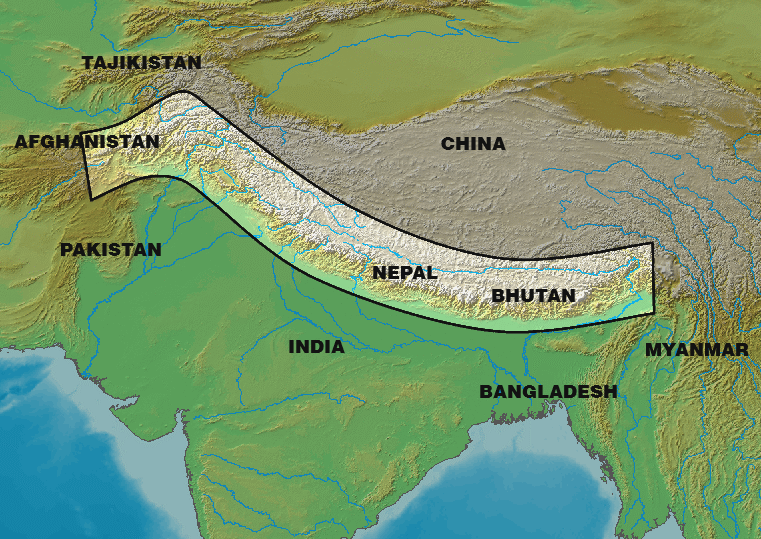|
Edward Frederick Knight
Edward Frederick (E. F.) Knight (23 April 1852 – 3 July 1925) was an English barrister, soldier, journalist, and author of 20 books, many based on his dispatches as a war correspondent.Roth, Mitchel P. and James Stuart Olson. (1997) ''Historical Dictionary of War Journalism,'' p. 170./ref> Biography Knight was born in England, and travelled with his family to British India at an early age. He was educated at Westminster School and Caius College, Cambridge, where he pursued legal studies. He was called to the Bar from Lincoln's Inn in 1879. However, he abandoned the legal profession to pursue a career in journalism instead, writing primarily for the ''Morning Post'' and ''The Times''. During the Franco-Prussian War of 1870, while living in France at his father's house in Honfleur he attempted to enlist with the French Army near Rouen, but was turned down as he was an alien. In 1878, he explored Albania and Montenegro, returning to the Balkans during the Russo-Turkish War ... [...More Info...] [...Related Items...] OR: [Wikipedia] [Google] [Baidu] |
:Template:Infobox Writer/doc
Infobox writer may be used to summarize information about a person who is a writer/author (includes screenwriters). If the writer-specific fields here are not needed, consider using the more general ; other infoboxes there can be found in :People and person infobox templates. This template may also be used as a module (or sub-template) of ; see WikiProject Infoboxes/embed for guidance on such usage. Syntax The infobox may be added by pasting the template as shown below into an article. All fields are optional. Any unused parameter names can be left blank or omitted. Parameters Please remove any parameters from an article's infobox that are unlikely to be used. All parameters are optional. Unless otherwise specified, if a parameter has multiple values, they should be comma-separated using the template: : which produces: : , language= If any of the individual values contain commas already, add to use semi-colons as separators: : which produces: : , ps ... [...More Info...] [...Related Items...] OR: [Wikipedia] [Google] [Baidu] |
The Cruise Of The Alerte
In 1889, Edward Frederick Knight sailed to Trindade in a 64-foot yawl named the ''Alerte''. He wrote the book ''The Cruise of the Alerte'' about his journey with detailed descriptions of Trindade. Arthur Ransome used the descriptions from Knight's book as a basis for Crab Island in his book ''Peter Duck ''Peter Duck'' is the third book in the ''Swallows and Amazons'' series by Arthur Ransome. The Swallows and Amazons sail to Crab Island with Captain Flint and Peter Duck, an old sailor, to recover buried treasure. During the voyage the ''Wildcat ...'', except that he set the island further north in the Caribbean Sea. External links * * 1890 non-fiction books Travel autobiographies Espírito Santo British travel books English non-fiction books British autobiographies {{Brazil-lit-stub ... [...More Info...] [...Related Items...] OR: [Wikipedia] [Google] [Baidu] |
Herbert Kitchener, 1st Earl Kitchener
Horatio Herbert Kitchener, 1st Earl Kitchener, (; 24 June 1850 – 5 June 1916) was a senior British Army officer and colonial administrator. Kitchener came to prominence for his imperial campaigns, his scorched earth policy against the Boers, his expansion of Lord Roberts' concentration camps during the Second Boer War and his central role in the early part of the First World War. Kitchener was credited in 1898 for having won the Battle of Omdurman and securing control of the Sudan for which he was made Baron Kitchener of Khartoum. As Chief of Staff (1900–1902) in the Second Boer War he played a key role in Roberts' conquest of the Boer Republics, then succeeded Roberts as commander-in-chief – by which time Boer forces had taken to guerrilla fighting and British forces imprisoned Boer civilians in concentration camps. His term as Commander-in-Chief (1902–1909) of the Army in India saw him quarrel with another eminent proconsul, the Viceroy Lord Curzon, who eventu ... [...More Info...] [...Related Items...] OR: [Wikipedia] [Google] [Baidu] |
Algernon Durand
Algernon may refer to: * Algernon (name), a given name (includes a list of people and characters with the name) * Algernon Township, Custer County, Nebraska See also * Treaty of Algeron In the fictional universe of ''Star Trek'' the United Federation of Planets (UFP) is the interstellar government with which, as part of its space force Starfleet, most of the characters and starships of the franchise are affiliated. Commonly refe ..., an agreement signed by the United Federation of Planets and the Romulan Star Empire in ''Star Trek'' * " Flowers for Algernon", a science fiction short story and subsequent novel written by Daniel Keyes * United States v. Algernon Blair, Inc, a 1973 American lawsuit regarding its breach of contract with a subcontractor * '' Růže pro Algernon'', Aleš Brichta album {{disambig ... [...More Info...] [...Related Items...] OR: [Wikipedia] [Google] [Baidu] |
Nagar (princely State)
Nagar ( ur, , ''Riyasat Nagar'') was a princely state, princely salute state in the northern part of Gilgit–Baltistan, Pakistan. Until August 1947, it was in a subsidiary alliance with British India. It bordered the states of the Gilgit Agency to the south and west, and the princely state of Hunza (princely state), District Hunza to the north and east. From November 1947 to 1974 it was a Princely states of Pakistan, princely state of Pakistan. The state capital was the town of Nagar. The territory previously covered by Nagar forms three tehsils of the Nagar District of Northern Pakistan. History Nagar, founded in the fourteenth century, was an autonomous principality until the United Kingdom, British gained control of the state following the Hunza–Nagar Campaign (1889-1893). It was a colonial princely states, princely state under the administration of the Gilgit Agency until 1947, but from 1868 it was a vassal of the Maharaja of Jammu and Kashmir (princely state), Jammu ... [...More Info...] [...Related Items...] OR: [Wikipedia] [Google] [Baidu] |
Hunza (princely State)
Hunza (, ur, ), also known as Kanjut (; ), was a principality and then later a princely state in a subsidiary alliance with British India from 1892 to August 1947, for three months was unaligned, and then from November 1947 until 1974 was a princely state of Pakistan. Hunza covered territory now forming the northernmost part of Gilgit-Baltistan, Pakistan. The princely state bordered the Gilgit Agency to the south, the former princely state of Nagar to the east, Xinjiang, China to the northeast and Afghanistan to the northwest. The state capital was Baltit (also known as Karimabad). The princely state of Hunza now is the Hunza District in Pakistan. History Hunza was an independent principality for centuries. It was ruled by the Mirs of Hunza, who took the title of Thum. The Hunzai's were tributaries and allies to China, acknowledging China as suzerain since 1760 or 1761. Hunza rulers claimed descent from Alexander the Great, and viewed themselves and the Emperor ... [...More Info...] [...Related Items...] OR: [Wikipedia] [Google] [Baidu] |
Gilgit
Gilgit (; Shina: ; ur, ) is the capital city of Gilgit–Baltistan, Pakistan. The city is located in a broad valley near the confluence of the Gilgit River and the Hunza River. It is a major tourist destination in Pakistan, serving as a hub for trekking and mountaineering expeditions in the Karakoram mountain range. Gilgit was once a major centre for Buddhism; it was an important stop on the ancient Silk Road, and today serves as a major junction along the Karakoram Highway with road connections to China as well as the Pakistani cities of Skardu, Chitral, Peshawar, and Islamabad. Currently, it serves as a frontier station for the local tribal areas. The city's economic activity is mainly focused on agriculture, with wheat, maize, and barley as the mainly-produced crops. Etymology The city's ancient name was ''Sargin'', later to be known as ''Gilit'', and it is still referred to as ''Gilit'' or ''Sargin-Gilit'' by the local people. The native Khowar and Wakhi-speaking ... [...More Info...] [...Related Items...] OR: [Wikipedia] [Google] [Baidu] |
Ladakh
Ladakh () is a region administered by India as a union territory which constitutes a part of the larger Kashmir region and has been the subject of dispute between India, Pakistan, and China since 1947. (subscription required) Quote: "Jammu and Kashmir, state of India, located in the northern part of the Indian subcontinent in the vicinity of the Karakoram and westernmost Himalayan mountain ranges. From 1947 to 2019, Ladakh was part of the Indian state of Jammu and Kashmir, which has been the subject of dispute between India, Pakistan, and China since the partition of the subcontinent in 1947." Quote: "Jammu and Kashmir: Territory in northwestern India, subject to a dispute between India and Pakistan. It has borders with Pakistan and China." Ladakh is bordered by the Tibet Autonomous Region to the east, the Indian state of Himachal Pradesh to the south, both the Indian-administered union territory of Jammu and Kashmir (union territory), Jammu and Kashmir and the Pakistan-administ ... [...More Info...] [...Related Items...] OR: [Wikipedia] [Google] [Baidu] |
Himalayas
The Himalayas, or Himalaya (; ; ), is a mountain range in Asia, separating the plains of the Indian subcontinent from the Tibetan Plateau. The range has some of the planet's highest peaks, including the very highest, Mount Everest. Over 100 peaks exceeding in elevation lie in the Himalayas. By contrast, the highest peak outside Asia (Aconcagua, in the Andes) is tall. The Himalayas abut or cross five countries: Bhutan, India, Nepal, China, and Pakistan. The sovereignty of the range in the Kashmir region is disputed among India, Pakistan, and China. The Himalayan range is bordered on the northwest by the Karakoram and Hindu Kush ranges, on the north by the Tibetan Plateau, and on the south by the Indo-Gangetic Plain. Some of the world's major rivers, the Indus, the Ganges, and the Tsangpo–Brahmaputra, rise in the vicinity of the Himalayas, and their combined drainage basin is home to some 600 million people; 53 million people live in the Himalayas. The Himalayas have ... [...More Info...] [...Related Items...] OR: [Wikipedia] [Google] [Baidu] |
Kashmir
Kashmir () is the northernmost geographical region of the Indian subcontinent. Until the mid-19th century, the term "Kashmir" denoted only the Kashmir Valley between the Great Himalayas and the Pir Panjal Range. Today, the term encompasses a larger area that includes the Indian-administered territories of Jammu and Kashmir and Ladakh, the Pakistani-administered territories of Azad Kashmir and Gilgit-Baltistan, and the Chinese-administered territories of Aksai Chin and the Trans-Karakoram Tract. Quote: "Kashmir, region of the northwestern Indian subcontinent. It is bounded by the Uygur Autonomous Region of Xinjiang to the northeast and the Tibet Autonomous Region to the east (both parts of China), by the Indian states of Himachal Pradesh and Punjab to the south, by Pakistan to the west, and by Afghanistan to the northwest. The northern and western portions are administered by Pakistan and comprise three areas: Azad Kashmir, Gilgit, and Baltistan, ... The southern and so ... [...More Info...] [...Related Items...] OR: [Wikipedia] [Google] [Baidu] |
The Riddle Of The Sands
''The Riddle of the Sands: A Record of Secret Service'' is a 1903 novel by Erskine Childers. The book, which enjoyed immense popularity in the years before World War I, is an early example of the espionage novel and was extremely influential in the genre of spy fiction. It has been made into feature-length films for both cinema and television. The novel "owes a lot to the wonderful adventure novels of writers like Rider Haggard, that were a staple of Victorian Britain". It was a spy novel that "established a formula that included a mass of verifiable detail, which gave authenticity to the story – the same ploy that would be used so well by John Buchan, Ian Fleming, John le Carré and many others." All of the physical background is completely authentic – the various Frisian islands and towns named in the book actually exist and the descriptions of them accurate (often, from the author's own experience). The same is true for the various "sands" of the title – vast are ... [...More Info...] [...Related Items...] OR: [Wikipedia] [Google] [Baidu] |
Robert Erskine Childers
Robert Erskine Childers DSC (25 June 1870 – 24 November 1922), usually known as Erskine Childers (), was an English-born Irish writer, politician, and militant. His works included the influential novel ''The Riddle of the Sands''. Starting as an ardent Unionist, he later became a supporter of Irish Republicanism and smuggled guns into Ireland in his sailing yacht ''Asgard''. He was executed by the authorities of the nascent Irish Free State during the Irish Civil War. He was the son of British Orientalist scholar Robert Caesar Childers; the cousin of Hugh Childers and Robert Barton; and the father of the fourth President of Ireland, Erskine Hamilton Childers. Early life Childers was born in Mayfair, London, in 1870. He was the second son of Robert Caesar Childers, a translator and oriental scholar from an ecclesiastical family, and Anna Mary Henrietta Barton, from an Anglo-Irish landowning family of Glendalough House, Annamoe, County Wicklow, with interests in France such a ... [...More Info...] [...Related Items...] OR: [Wikipedia] [Google] [Baidu] |







